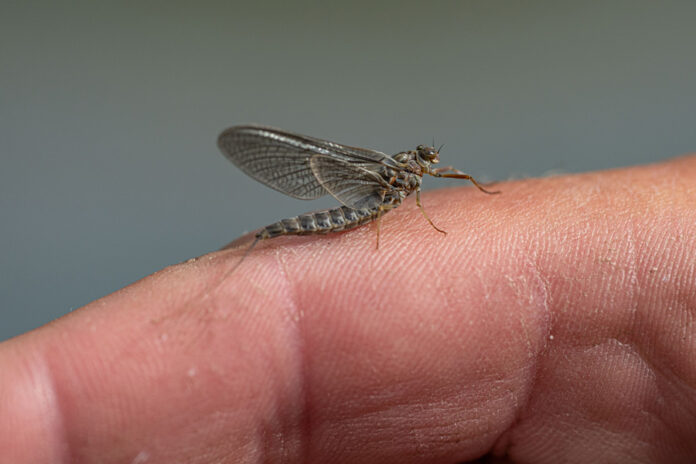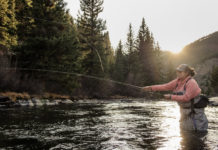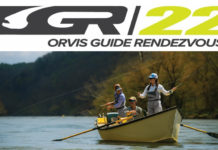Welcome to the latest installment of the Wednesday Wake-Up Call, a roundup of the most pressing conservation issues important to anglers. Working with our friends at Trout Unlimited, Backcountry Hunters & Anglers, the Theodore Roosevelt Conservation Partnership, The Everglades Foundation, Captains for Clean Water, VoteWater.org, Bonefish & Tarpon Trust, and Conservation Hawks (among others), we’ll make sure you’ve got the information you need to understand the issues and form solid opinions.
1. Overuse Of Pesticide-Treated Seed Is a Threat to Waterways And Insect Life
Photo by Tom Rosenbauer.
The Xerces Society for Invertebrate Conservation is an international nonprofit organization that protects the natural world through the conservation of invertebrates and their habitats. It has published sobering reports on the impacts of neonics on Midwestern and California waterways, finding that harmful levels are routinely detected. Neonics from treated seed are also turning up in water samples from states with less intensive agriculture, like Vermont.
Coating crop seeds in potent insecticides before planting is a practice that has become widespread. Treated seeds are used to grow nearly all corn and the majority of soybeans planted across roughly 148 million acres in the Midwest. They are also used in a variety of other crops, including sugar beets, squash, wheat, sorghum, sunflowers, and many more.

Photo by Emily May, Xerces Society
This use of insecticide-treated seeds has been linked with declines of critically important creatures like caddisflies, mayflies, stoneflies and other aquatic invertebrates. These insects help to decompose leaf matter, filter water, and control erosion. Perhaps most importantly, they are a key food source for fish like trout, largemouth and smallmouth bass, and bluegills.. To date, the use and disposal of pesticide-treated seed has been poorly regulated. But right now, the US Environmental Protection Agency (EPA) is accepting input from the public regarding the regulation of pesticide-treated seeds. This is an important opportunity for concerned individuals to tell EPA to protect the nation’s waterbodies by improving oversight of pesticide treated seeds. The EPA is accepting public comments on this issue until December 11.
Click here to learn much more at xerces.org
Click here to make your voice heard by submitting a comment.
2. Proposed Industrial Road Through Alaska’s Famed Brooks Range Threatens Fish and Wildlife

A state-run corporation has plans to construct a lengthy haul road through the heart of one of Alaska’s most pristine landscapes, and a coalition of hunting and fishing groups is up in arms over the proposal. Before any construction of the so-called “Ambler Road” can begin, though, the Bureau of Land Management (BLM) will have to green-light the controversial project.
The proposed Ambler Road would be used by Canadian and Australian mining companies to extract copper and other minerals from the foothills of the Brooks Range. It would stretch more than 200 miles and would be off limits to everyday travelers, according the BLM.
If constructed, its course would wind west from the famed Dalton Highway at the southern flanks of the Brooks Range to the south bank of the Ambler River. The BLM—which recently released a draft environmental assessment clarifying the impacts that a large-scale industrial road would have on fish and game in Alaska’s Brooks Range—will be in charge of issuing permits for the road should the plan go through.
Click here to read more at Field & Stream
Credit: Source link































